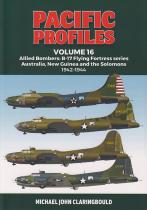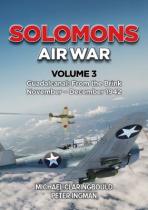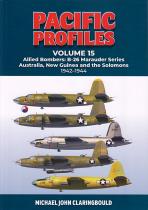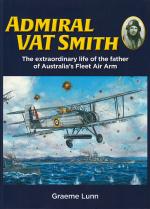The CAC Boomerang has a unique place in Australian aviation history, being the nation's only home designed and produced fighter.
The design was born in dark days at the start of the Pacific War when the RAAF possessed not a single modern fighter and the southwards onslaught of Japanese forces seemed unstoppable. The single seat Boomerang owed its origins to the Wirraway two seat general purpose aircraft produced by the Commonwealth Aircraft Corporation in Melbourne. Because of existing Wirraway production, a Boomerang prototype flew less than six months after the design was conceived - a remarkable achievement.
Lacking the performance of contemporaries such as America's P-39 and P-40 and Japan's Zero, the Boomerang's subsequent history is chequered. It served with three RAAF home defence squadrons in the fighter interceptor role but had only fleeting, unsuccessful, contact with enemy aircraft. However, the Boomerang found its true niche as an army cooperation aircraft, and the type gave very useful service with Nos. 4 and 5 Squadrons in New Guinea and Bougainville.
With hindsight the Boomerang provided an insurance policy if other fighters could not be obtained from the US and Britain. In that role it was successful, and its production maintained a skilled wartime workforce at the CAC factory.
This is the first stand-alone history of the Boomerang. The author Don Williams examines this unique aircraft and its origins, service and the men that flew it.







